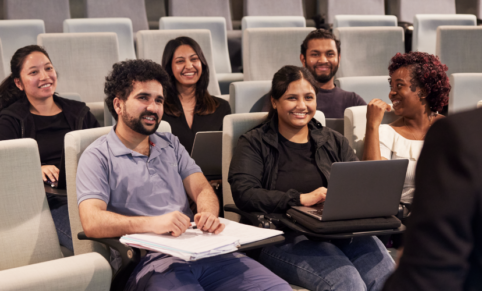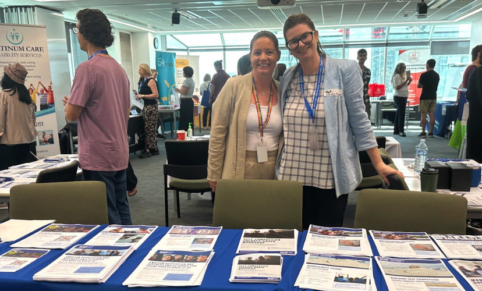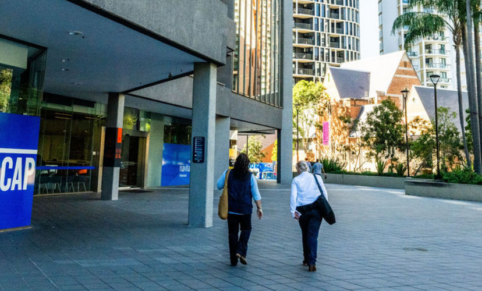Management courses at ACAP
There’s no doubt the future of work is shifting. Technological advances are changing every business and industry as we move towards an ‘augmentation of the workforce’ where humans and machines work alongside each other. So, which skills do you need to hone in order to differentiate yourself and secure your future as we move to this new way of working? The answer is easy – the skills that only a human can develop.
WHAT ARE HUMAN-CENTRIC SKILLS?
Human-centric, or ‘soft’, skills are based on human qualities and knowledge that we gather often through shared social experiences and interactions with others. These are skills that machines can’t learn.
WHICH HUMAN-CENTRIC SKILLS ARE MOST IN-DEMAND?
A 2020 study by LinkedIn Learning* identified the most in-demand soft skills as creativity, persuasion, collaboration, adaptability and emotional intelligence.
WHAT MAKES HUMAN-CENTRIC SKILLS SO IMPORTANT IN THE WORKPLACE?
Technology may have increased productivity by taking care of repetitive tasks in a more efficient manner than we’ve been able to achieve ourselves, but that doesn’t mean we should worry about AI and robots taking all our jobs. With the mundane tasks taken care of, there’s plenty for us to do with the right soft skills.

"Human-centric, or ‘soft’, skills are based on human qualities and knowledge that we gather often through shared social experiences and interactions with others. These are skills that machines can’t learn."
SOLVING UNSTRUCTURED PROBLEMS
Solving complex problems requires creative and critical thinking, cognitive reflection and the ability to work as a team. In any situation where the outcome isn’t known in advance, it takes a skilled human to analyse and explore the right avenues of questioning to go on and solve a problem.
ACTIVE LISTENING AND COMPASSION
Human communication is complex and delivering important messaging in the right way is something a robot operating without empathy or social perceptiveness is unable to do. When we’re working in teams, we need to be able to read other people, pick up on nuances and adapt our communication to consider their feelings and behaviour. This is especially important when delivering challenging pieces of information or trying to persuade people.

"When we’re working in teams, we need to be able to read other people, pick up on nuances and adapt our communication to consider their feelings and behaviour. This is especially important when delivering challenging pieces of information or trying to persuade people."
ADAPTING TO CHANGE
When work environments are changing and evolving, being adaptable helps us cope with those shifts in a way that technology can’t. The importance of being able to accommodate different ways of working has been evidenced since COVID-19 hit and many businesses moved to online and remote ways of working.
THE WINNING COMBINATION
Deepening your human-centric skills will place you in a strong position in the workplaces of today and the future. Of course, the best chance of success comes when we take our learned technical and soft skills, and use them all at the same time. This is the ultimate winning combination, and something only humans can do.






